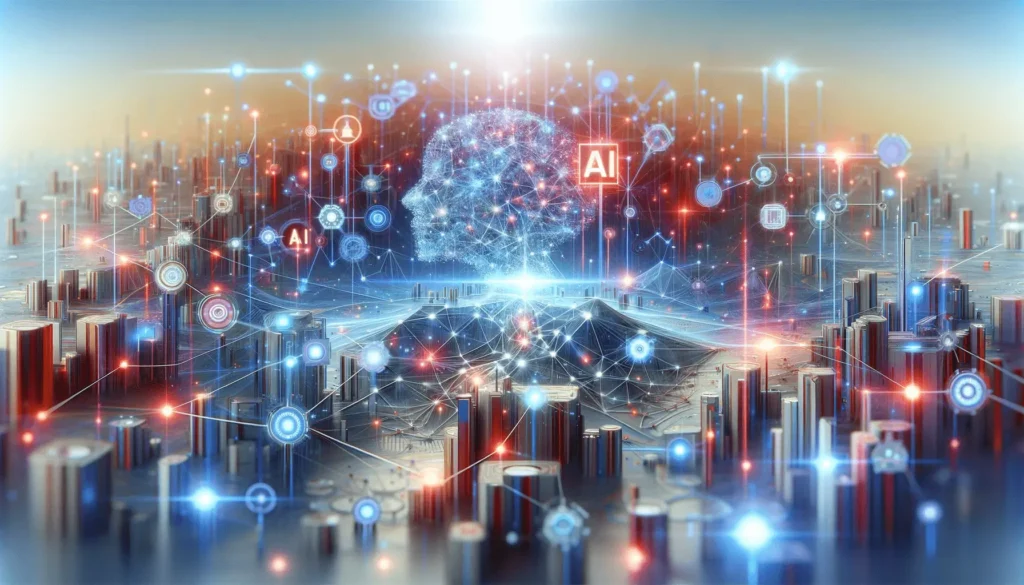As we step into 2024, the impact of AI on global diplomacy is becoming increasingly profound. The integration of artificial intelligence into diplomatic practices is reshaping how nations interact, negotiate, and resolve conflicts. From predictive analytics that inform foreign policy decisions to AI-driven communication tools that enhance dialogue between countries, the role of technology in diplomacy is more critical than ever. This article delves into the various dimensions of AI’s influence on international relations, highlighting key trends and developments that are set to define the diplomatic landscape.
In the following sections, we will explore how AI is revolutionizing traditional diplomatic strategies, enabling real-time data analysis, and fostering more effective communication channels among nations. We will also examine the ethical considerations and potential challenges that arise from the reliance on AI in diplomatic contexts. By understanding these dynamics, readers will gain insights into the future of diplomacy and the essential role that technology will play in shaping global interactions.
Furthermore, we will discuss case studies that illustrate successful AI applications in diplomacy, showcasing how countries are leveraging these tools to enhance their foreign relations. As you continue reading, you will discover the opportunities and risks associated with AI in diplomacy, equipping you with a comprehensive understanding of this evolving field. Join us on this journey to uncover the transformative power of AI in global diplomacy in 2024 and beyond.
| Aspect | Description |
|---|---|
| Enhanced Communication | AI tools facilitate real-time translation and communication, breaking down language barriers and enabling smoother diplomatic interactions. |
| Data Analysis | AI systems analyze vast amounts of data to provide insights into global trends, helping diplomats make informed decisions based on predictive analytics. |
| Cybersecurity | AI enhances cybersecurity measures, protecting sensitive diplomatic communications from cyber threats and ensuring the integrity of information. |
| Public Opinion Monitoring | AI tools monitor social media and public sentiment, allowing diplomats to gauge international reactions and adjust strategies accordingly. |
| Conflict Resolution | AI algorithms can simulate conflict scenarios and propose solutions, aiding in negotiation processes and peacekeeping efforts. |
| Ethical Considerations | The use of AI in diplomacy raises ethical questions regarding privacy, bias, and the potential for misuse, necessitating robust regulatory frameworks. |
| Global Cooperation | AI fosters collaboration among nations by providing platforms for joint research and development, particularly in addressing global challenges like climate change. |

